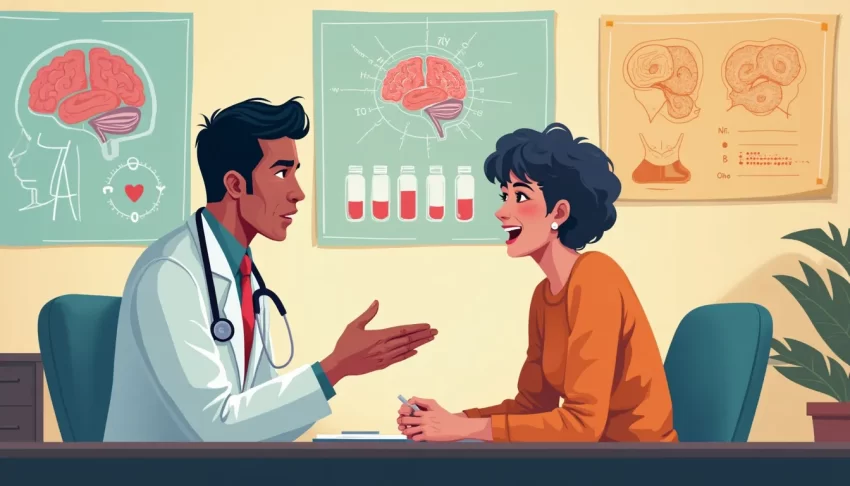Effective Medicine for Intermittent Explosive Disorder (IED)
Intermittent Explosive Disorder (IED) is a challenging condition characterized by sudden episodes of unwarranted anger. I know this firsthand because I have been diagnosed with IED. The journey hasn’t been easy, but understanding the effective medicine for IED has been a game-changer. While I am not a doctor, I want to share what I’ve learned to help you or your loved ones manage this condition better. Always consult a healthcare professional for personalized advice.
Understanding IED
IED involves recurring explosive outbursts that are disproportionate to the triggering situation. These episodes can result in verbal or physical aggression and often leave individuals feeling remorseful. This condition is more than just occasional anger; it’s a mental health disorder that requires appropriate treatment and management.
Types of Medicines for IED
Various medications have shown effectiveness in managing the symptoms of IED. These medicines can help reduce the frequency and severity of explosive episodes. Here are some common types:
Antidepressants
Selective Serotonin Reuptake Inhibitors (SSRIs) like fluoxetine (Prozac) and sertraline (Zoloft) are often prescribed. These medications help regulate mood and reduce irritability, leading to fewer aggressive outbursts.
Anticonvulsants
Medications such as topiramate (Topamax) and valproate (Depakote) are sometimes used. Originally designed to treat seizures, these drugs can stabilize mood and decrease impulsive aggression.
Antipsychotics
Atypical antipsychotics like risperidone (Risperdal) and aripiprazole (Abilify) can also be helpful. They work by affecting neurotransmitters in the brain, thereby reducing aggression and irritability.
Beta-Blockers
Beta-blockers such as propranolol (Inderal) are sometimes prescribed for their calming effects. These medications can reduce physical symptoms of anxiety, like a rapid heartbeat, which can help prevent outbursts.
The Importance of Professional Guidance
It’s crucial to remember that the effectiveness of these medicines can vary from person to person. What works for one individual might not work for another, and dosages need to be carefully monitored and adjusted by a healthcare professional. Always consult with a doctor or psychiatrist to find the right medication plan tailored to your specific needs.
Additional Coping Strategies
While medication is a significant component of managing IED, combining it with therapy and lifestyle changes can enhance its effectiveness. Cognitive Behavioral Therapy (CBT) and Dialectical Behavioral Therapy (DBT) are therapeutic approaches that can help individuals understand and control their anger. Additionally, practicing mindfulness, regular physical exercise, and maintaining a healthy diet can improve overall mental well-being.
Seeking Help
If you or a loved one exhibits symptoms of IED, it’s essential to seek medical attention. Early intervention can lead to better outcomes and a more manageable life. Support groups and counseling can also provide valuable emotional support.
Dealing with IED is undoubtedly challenging, but with the right combination of medicine, therapy, and support, it’s possible to lead a balanced and fulfilling life. Remember, you are not alone, and help is available.
If you’re struggling to find the right treatment, reach out to a healthcare provider today. They can guide you through the process and help find the most effective medicine for IED for you or your loved one.
Support Us: Check out our recommended products on Amazon.

